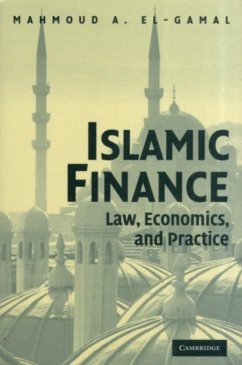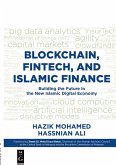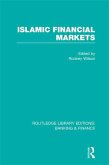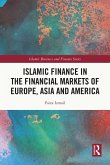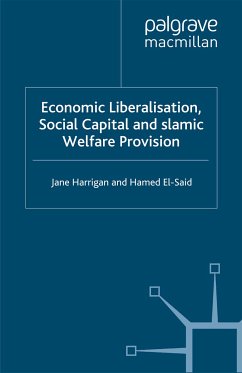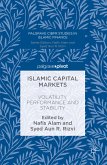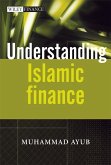This book provides an overview of the practice of Islamic finance and the historical roots that define its modes of operation. The focus of the book is analytical and forward-looking. It shows that Islamic finance exists mainly as a form of rent-seeking legal-arbitrage. In every aspect of finance - from personal loans to investment banking, and from market structure to corporate governance - Islamic finance aims to replicate in Islamic forms the substantive functions of contemporary financial instruments, markets, and institutions. By attempting to replicate the substance of contemporary financial practice using pre-modern contract forms, Islamic finance has arguably failed to serve the objectives of Islamic law. This book proposes refocusing Islamic finance on substance rather than form. This approach would entail abandoning the paradigm of 'Islamization' of every financial practice. It would also entail reorienting the brand-name of Islamic finance to emphasize issues of community banking, micro-finance, and socially responsible investment.
Dieser Download kann aus rechtlichen Gründen nur mit Rechnungsadresse in A, B, BG, CY, CZ, D, DK, EW, E, FIN, F, GR, HR, H, IRL, I, LT, L, LR, M, NL, PL, P, R, S, SLO, SK ausgeliefert werden.
Hinweis: Dieser Artikel kann nur an eine deutsche Lieferadresse ausgeliefert werden.

